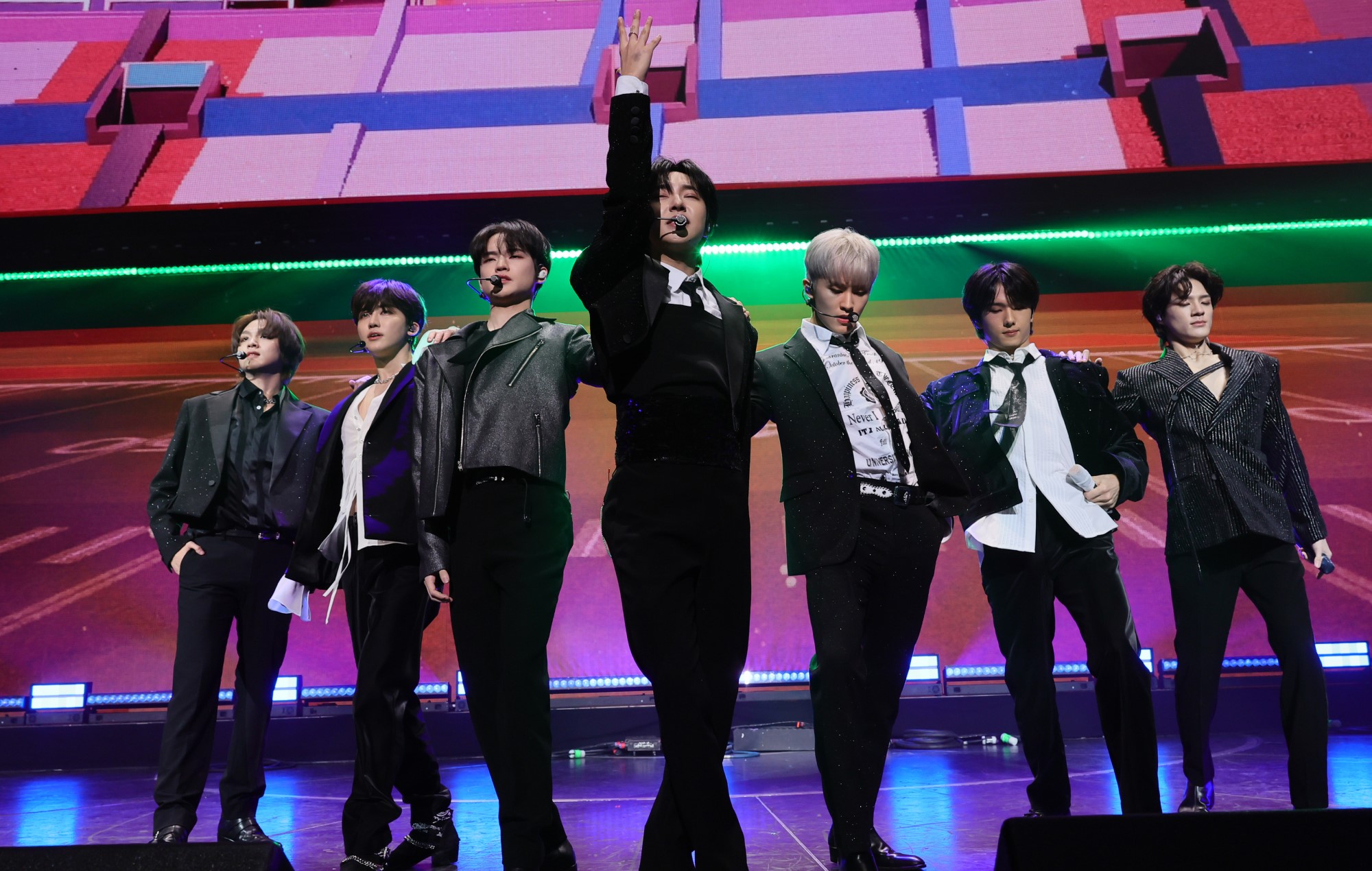
South Korea is set to introduce a new visa aimed at foreign nationals who aspire to train like K-pop idols. This initiative, known as the “K-Culture Training Visa,” is designed to revive the tourism industry to pre-pandemic levels by capitalizing on the global fascination with Korean pop culture.
The K-Culture Training Visa: A New Opportunity
The “K-Culture Training Visa” will allow foreigners to immerse themselves in the world of K-pop dancing, choreography, and modeling. The South Korean finance ministry announced this new visa program with the aim of attracting more international visitors. Unlike traditional visas that require specific job offers or auditions, applicants for this visa won’t necessarily need a callback from a talent agency—at least not yet. More detailed information about the application process is expected to be released later this year.

Riding the Hallyu Wave
The popularity of South Korean cultural exports, known as the Hallyu Wave or K-wave, has surged dramatically over the past decade. This wave includes everything from K-pop music to Korean dramas (K-dramas), and it has captured the hearts of fans worldwide. Groups like BTS and Blackpink have achieved international stardom, and Korean dramas have become staples on global streaming platforms.
Boosting Tourism Through K-pop
The South Korean government is leveraging this cultural phenomenon to boost tourism. K-pop is already a significant draw for international visitors, with many fans traveling to South Korea to experience the culture firsthand. This new visa program is expected to further ease travel barriers, particularly for tourists from Southeast Asia. Last year, visitors from countries like Thailand and the Philippines comprised a significant portion of South Korea’s tourists, despite the often lengthy visa requirements.

The Economic Impact of K-Culture
The rise in K-culture tourism is seen as a strategic move to revitalize South Korea’s tourism industry. In 2023, around 11 million people visited the country, a slight increase from the previous year but still far below the 17.5 million tourists in 2019. The government hopes that by promoting cultural experiences over shopping, it can attract more tourists and increase revenue. Tourism generated $15.1 billion in 2023, which is 25% less than the $20 billion generated in 2019.
Expanding Digital Nomad Opportunities
In addition to the K-Culture Training Visa, South Korea has introduced the “workation” visa to cater to digital nomads. This visa allows remote workers to stay and work in South Korea while exploring its cultural and tourist attractions. The government is considering expanding this scheme to further boost tourism and attract international talent.

Addressing Demographic Challenges
These new visa programs are also viewed as potential solutions to South Korea’s demographic challenges. The country has the lowest fertility rate worldwide, and experts believe that attracting international workers and tourists could help mitigate this issue by increasing the workforce.
Conclusion
South Korea’s introduction of the “K-Culture Training Visa” represents a significant step towards embracing and promoting its cultural influence on a global scale. By making it easier for foreign nationals to train like K-pop idols and experience Korean culture, South Korea aims to not only boost its tourism industry but also address broader economic and demographic challenges. As the details of this new visa program emerge, it will be exciting to see how it shapes the future of tourism and cultural exchange in South Korea.
Source: CNN
